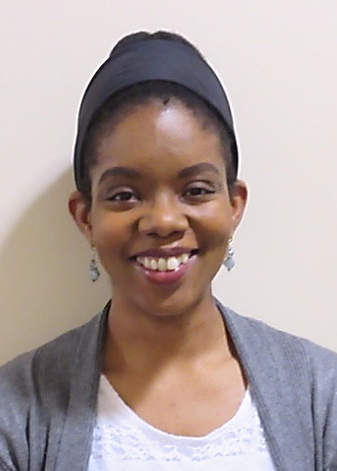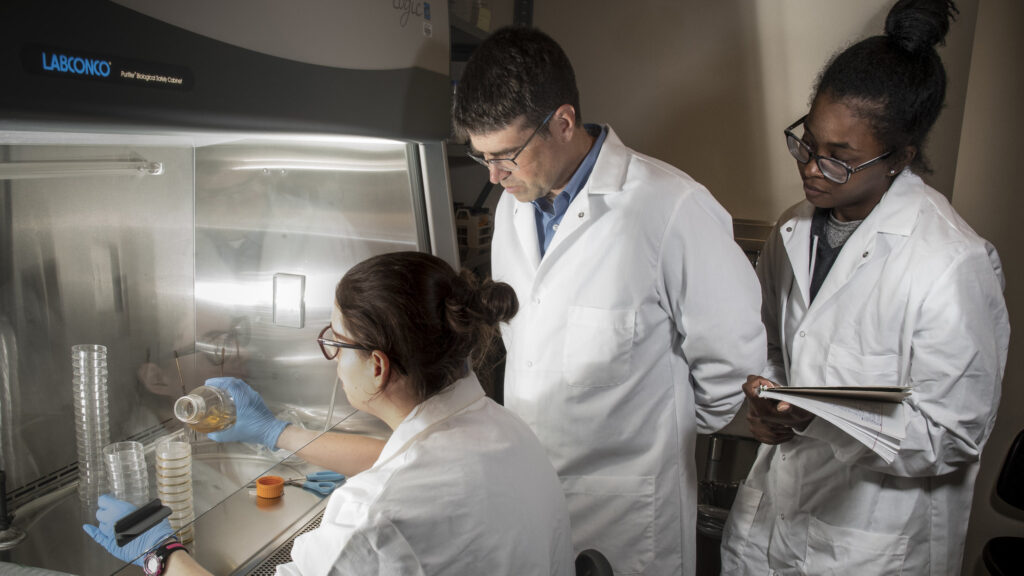The RISE Network will host an exciting talk on January 27, 2020, by Dr. Danielle H. Speller, a postdoctoral associate in experimental physics at Yale University. The talk is free and open to the public, in Petty Room 136 at 4 p.m.

The illusive nature of dark matter has puzzled physicists and astronomers for decades. Scientists around the globe are actively searching for the undiscovered, invisible matter that seems to comprise over 85% of the mass density of the observable universe. The most prominent candidates for particle dark matter generally arise from attempts to extend the standard model of particle physics. These attempts often result in predictions of new, stable, massive particles or particle families that barely interact with the type of matter that we see every day.
Axions are an increasingly popular dark matter candidate that originally arose as part of an effort to address the surprising preservation of charge-parity symmetry in some particle physics interactions. The proposed solution predicts a new type of particle that could be produced in large enough numbers to account for the undetected mass in the universe. Recently, the number of experiments searching for axions has increased dramatically and includes a wide variety of techniques. In this talk, we will discuss the search for axions, some of the questions that they address, and the exciting role of new technologies in the search for new physics.
Dr. Speller works at the intersection of astrophysics, particle physics, nuclear physics, and cosmology. After graduating from NC State University as a Park Scholar, she completed her Ph.D. at UC Berkeley under the supervision of Bernard Sadoulet in WIMP dark matter direct detection with the SuperCDMS collaboration. She joined the Maruyama group at Yale as a postdoc in 2017. Her focus is using low-temperature, rare event searches to look for new physics. Her current work includes searching for lepton number violation through neutrinoless double-beta decay with the CUORE experiment and searching for axion dark matter with the HAYSTAC experiment. She is fascinated by the interplay of physics at very small and very large scales and is particularly interested in searches for physics beyond the standard model. She will be joining the faculty of Johns Hopkins University as an Assistant Professor of Physics at the conclusion of her postdoc in the summer of 2020.
Please see the attached flyer for more information.



